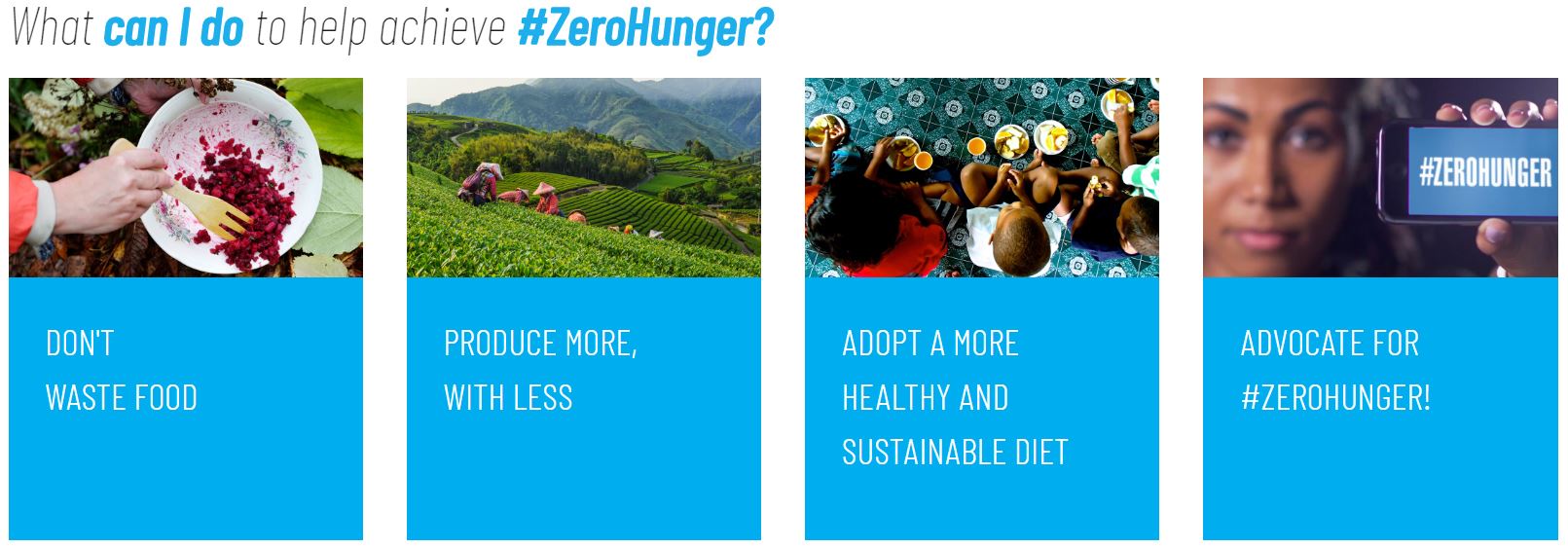SDG zero: Strategic Directional Guidance
At last week’s Ethical Corp conference in London there was a round-table session on the SDGs and how they should be incorporated into strategy. The various discussion groups included representatives from a range of sectors and nationalities, but the conclusions were broadly consistent. The group recognised that the SDGs are inter-linked and can be hard to translate into the day-to-day of business. Because of that, they are often best treated as qualitative rather than quantitative. Nevertheless, they can be used to inform debate and are useful in providing a common language for collaboration along the value chain.

The easiest route for companies wishing to engage is to start with an existing project (or more than one) and use it to develop the overall concept of how they can work with the SDGs. The decision as to where to engage should, as ever, be informed by materiality assessments to determine priorities and organisations should pick a few of the Goals which are most relevant to their circumstances. Multi-dimensional outputs maximise the impact of any activity and should be sought wherever possible.
Reporting for reporting’s sake is a risk to be avoided. Only say things which are worth saying and have improvement as the objective rather than simple reporting and compliance. Develop a strategy and embed it in management and reward structures where you can. Organisations should reflect on the negative as well as the positive impacts of their activities, especially when reporting on outcomes which are merely incidental consequences of ‘business as usual’.

I’m writing this in the middle of Green GB week, the UK government’s ‘landmark week of action to accelerate clean growth’. Planned to become an annual event, and in partnership with my old friends at edie (see ‘Bees, Leas and SDGs’ and other posts), the focus is on highlighting the opportunities that clean growth offers the UK and raising understanding of how business and the public can contribute to tackling climate change. This is a clear prioritisation of economic drivers, but that is inevitably the best way to engage business and a powerful incentive for citizens. With both of the UK’s major national political parties now talking about extending the Climate Change Act to 100% decarbonisation, the opening day of Green GB week saw the UK government approach the independent advisory Committee on Climate Change chaired by Lord Deben (see ‘Policy and Practice’) for advice on when and how to move towards a zero-carbon economy. Notably, BEIIS is celebrating the 10th anniversary of the Climate Change Act which came into law into a different party’s administration, so just maybe the issue is finally starting to become pre-competitive.
The government’s approach to the CCC was apparently prompted by the previous week’s release of the UN report warning (again!) that carbon emissions must be halted completely in order to avoid dangerous climate disruption leading to conditions such as the extreme rainfall in Kerala mentioned in an earlier post (see ‘Weather or Not’). Unsurprisingly from BEIS, there is a significant focus on topics that fall under the general aegis of SDG7 (clean and affordable energy) and SDG9 (industry, innovation and infrastructure) but carbon management cuts across all sectors. Depending on which figures you use, the global Agri-food system accounts for 20-30% of global emissions. Given the amount of government effort devoted to the ongoing saga that is Brexit, it is perhaps heartening that time has been found to address this particular issue. Time will tell whether this will lead to longer-term policy changes and I’ll return to the subject as it develops.

There aren’t enough days in the year to fit in all of the initiatives organised by private, public and third sector actors, and Tuesday 16th October was also World Food Day. You can see from the image above that even the FAO’s toolkit steps outside SDG2 into (at least) the territory of SDG12 and SDG3, which serves to underline the inter-connectedness noted above. By coincidence, next week I’ll be one of the speakers at an SDG-themed conference at the Grantham Centre at the University of Sheffield where I’ll be speaking to the topic of SDG2 Zero Hunger from the perspective of the Agri-food sector. There will be more on the conference in the next post, so please come back in a couple of weeks.
Finally, at this week’s Sedex Stakeholders Forum meeting, there was a formal announcement of the launch of a range of resources designed to assist Sedex members in their engagement with the SDGs. I’ve been involved in this initiative from its inception and it’s great to see it come to fruition with some practical content designed to help companies engage not just with the subject at Goal level, but getting deeper into the detail of interpreting the targets and the type of actions that businesses can take to make a contribution at that level. Inevitably this resource will develop over time as there is feedback from users and as the SDGs gain a higher profile in the next few years, and I look forward to continuing to play a part in that development.